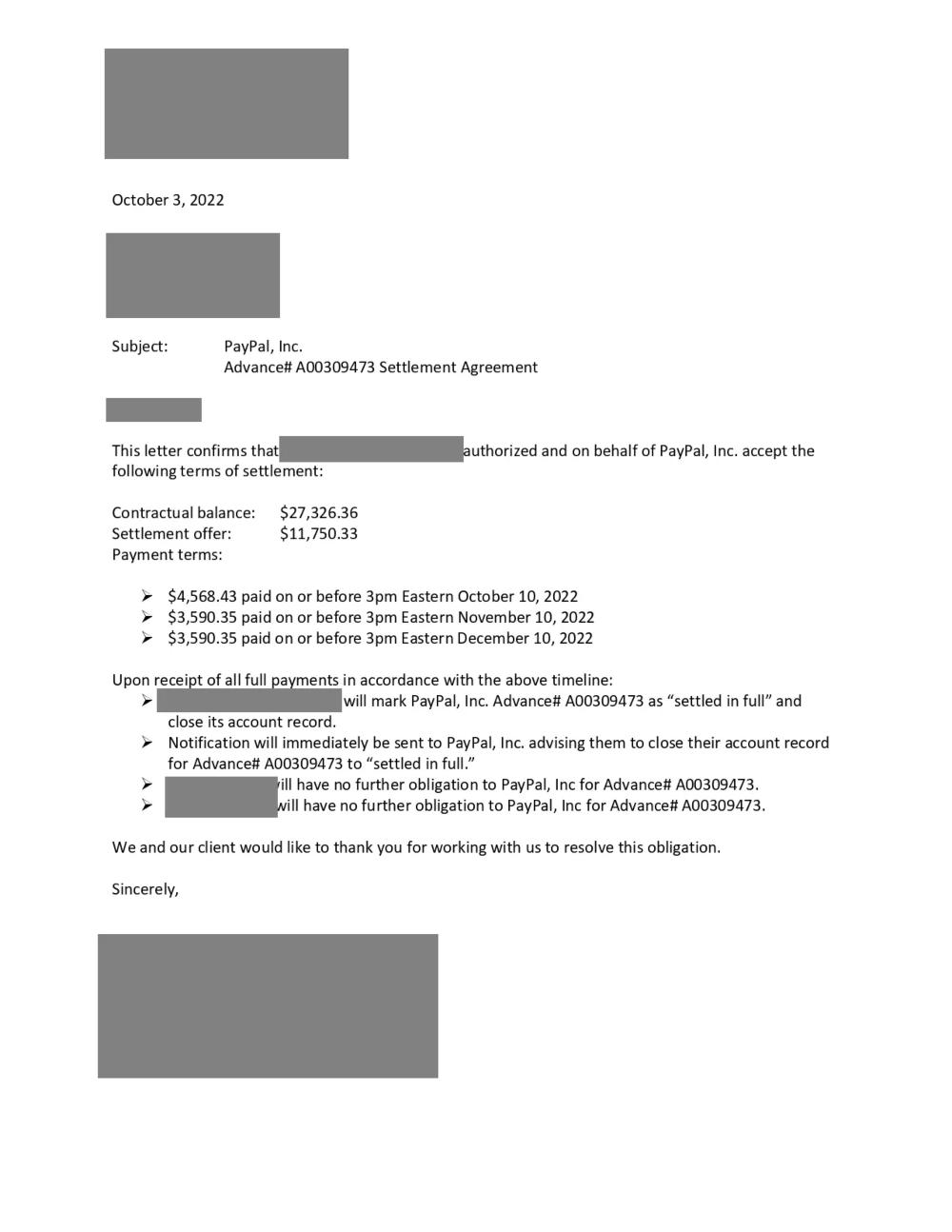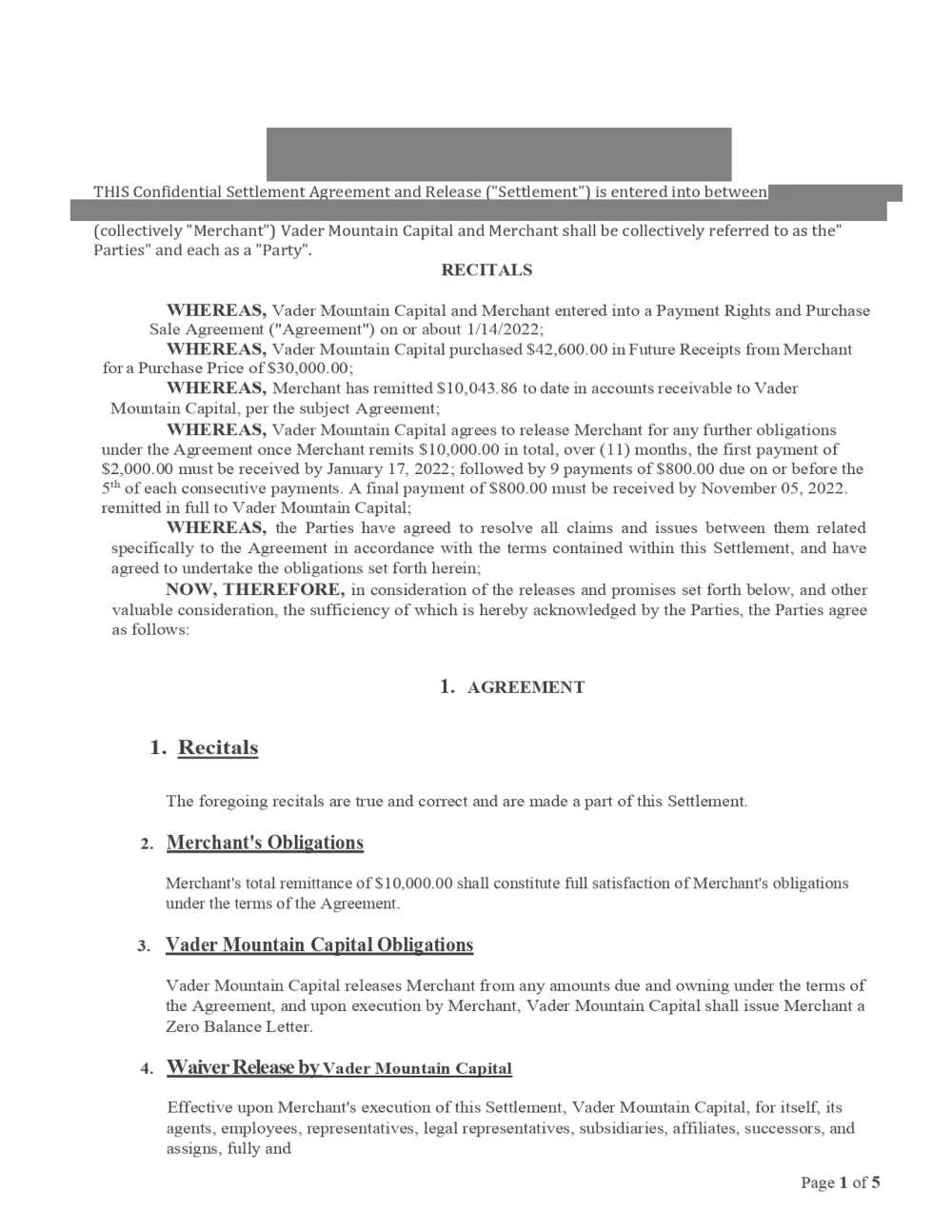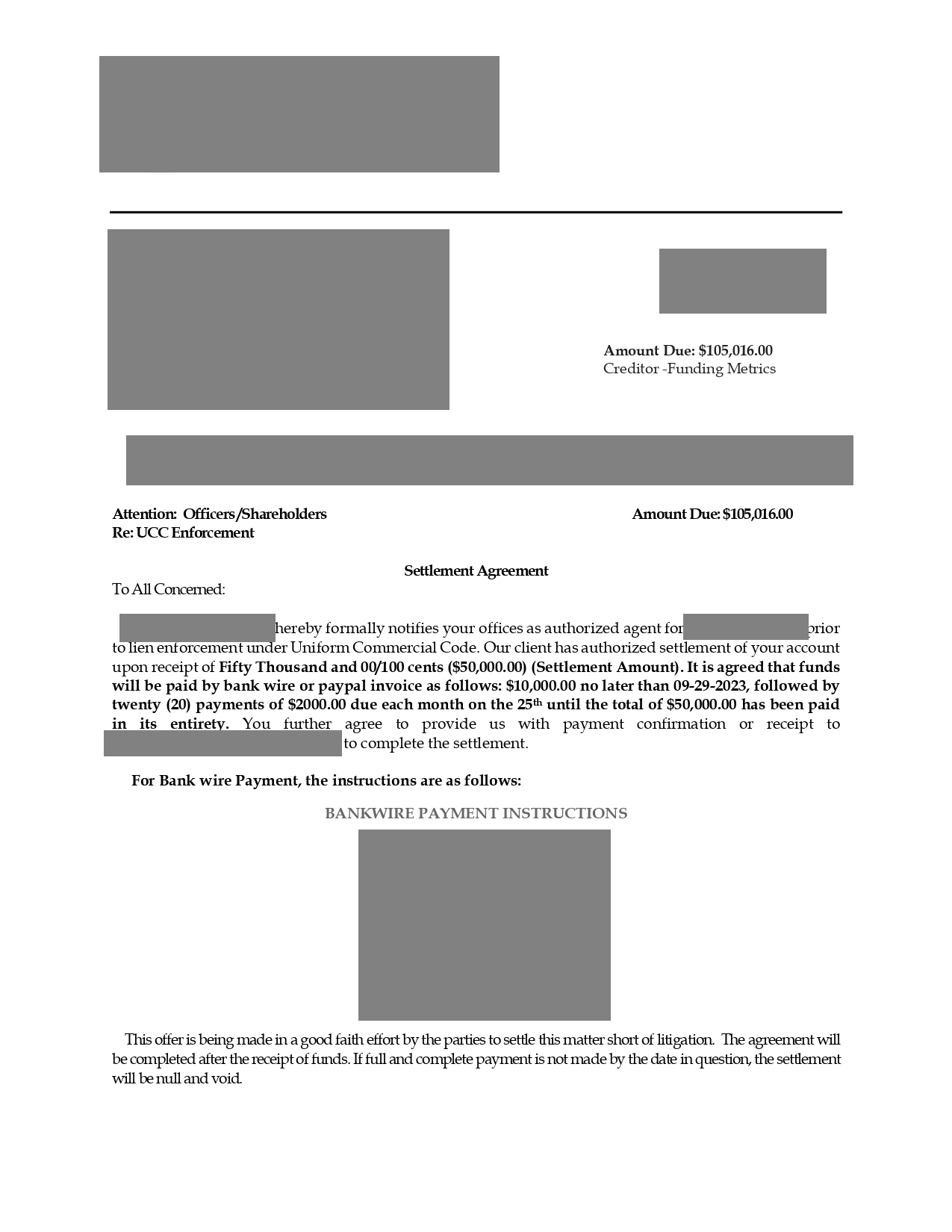Thank you to Claudia & Staff at Regroup Partners.
Took us 2 years to get our business back from taking Merchant Cash Advances ( we had to take these advances to get another location because the bank would not lend to us. We fell behind because we could not keep up with payback terms which were everyday. I felt like there was nothing to do but sell what we had left, I contacted a local business broker to sell and being our debt was a factor he referred me to a company who help one of his clients which was Regroup. Regroup got our finances back in control, reduced our payback amount and did everything they said they would. Thank you Regroup and personally Claudia for treating me with kindness and being real. I will never forget Claudia telling me she is like me a business owner with worry, she really got it. I am thankful the process is over and thankful I found Regroup.
- Yomayra C.

I am a consumer big on Reviews.
Thank you to Claudia & Staff at Regroup Partners.
Took us 2 years to get our business back from taking Merchant Cash Advances ( we had to take these advances to get another location because the bank would not lend to us. We fell behind because we could not keep up with payback terms which were everyday.
I felt like there was nothing to do but sell what we had left, I contacted a local business broker to sell and being our debt was a factor he referred me to a company who help one of his clients which was Regroup.
Regroup got our finances back in control, reduced our payback amount and did everything they said they would. Thank you Regroup and personally Claudia for treating me with kindness and being real.
I will never forget Claudia telling me she is like me a business owner with worry, she really got it. I am thankful the process is over and thankful I found Regroup.
- Yomayra Cosme

June 2019 I found Regroup Partners. I can tell you speaking to Sierra and Laura daily saved my company. I was struggling in business debt.
I couldn’t pay back Par Funding in the timely manner they wanted and what I did sign for. I tried to work with them and tell them I needed time.
They promised me yes, well next they drained my bank account and they called ALL OF MY VENDORS.
I was mortified. I was literally crying as I couldn’t pay them back if I couldn’t work.
Claudia and Ben were able to unfreeze my bank account and my vendors got on board as these people knew what they were doing. If you have merchant cash advances and can’t make it, I would advise calling this company.
They made a bad situation better. There is help for you too. I did the right thing by putting my business debt in their hands. They were able to get me a favorable settlement . Happy to report SETTLED.
- Brianna Martinez


 Your business will saving money
Your business will saving money You will maintain operational stability
You will maintain operational stability Immediate debt reduction
Immediate debt reduction  Reduce debt payments and stop harrassing creditor calls
Reduce debt payments and stop harrassing creditor calls No new loans - no new debt
No new loans - no new debt Avoid Bankruptcy - Stay in Control
Avoid Bankruptcy - Stay in Control Negotiate Payments You Can Afford
Negotiate Payments You Can Afford Restore Cash Flow
Restore Cash Flow
 IMMEDIATELY Increased your monthly cash flow.
IMMEDIATELY Increased your monthly cash flow.







